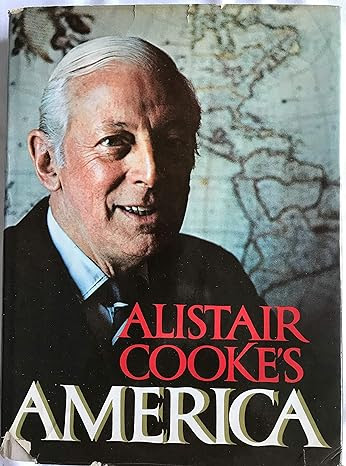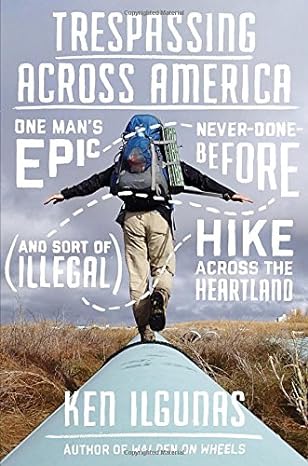A PILGRIMAGE to ETERNITY: FROM CANTERBURY to ROME in SEARCH of a FAITH (audiobook) by Timothy Egan

Published by Penguin Audio in 2019. Read by the author, Timothy Egan. Duration: 12 hours, 42 minutes. Unabridged. At the beginning of this pilgrimage, author Timothy Egan describes himself as a lapsed Catholic, perhaps even an agnostic. He was raised Catholic in Washington State and decided to go on a long-established pilgrimage route called the Via Francigena to contemplate his faith and how the church has betrayed its own faithful with the ongoing sexual abuse scandal. The Via Francigena runs from the cathedral at Canterbury in England, through France and Switzerland into Italy and ends in Rome at the Vatican. It is one of the most established pilgrimage routes in Europe, but not as well known as the Pilgrimage of Compostela in Spain. Egan gives the listener little history lessons as he tells the story of his own pilgrimage through Europe. Those are usually interesting and informative. He tells his thoughts about faith and Christianity as he travels as well. When possible, he





